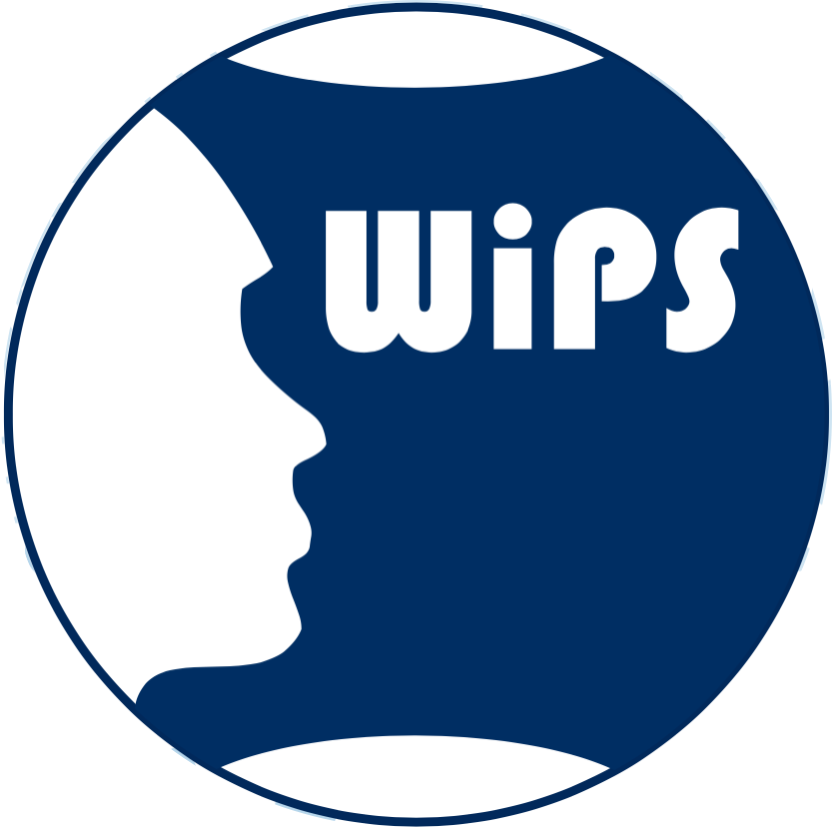Sophie ten Hietbrink, MSc
Stockholm University (Sweden)

Sophie stands on a working vessel in Isfjorden, Svalbard (Arctic), dressed in high-vis gear. Mountains in the background.
What’s the work that you do?
I’m a PhD student focused on cryosphere-driven submarine groundwater discharge in the Arctic. Despite being previously overlooked in polar regions, it is becoming increasingly clear that the groundwater system is a major transporter of meltwater into the ocean. In these dynamic aquifers, the hydraulic head is increased by glacier and ice sheet loading, intensifying groundwater flow. The discharged groundwater can notably impact carbon mobilization and coastal ecosystems. We employ sediment coring to access these freshened groundwaters, and by using both analytical chemistry and hydrogeological models I aim to improve our understanding of these systems.
What keeps you going?
Personally, I find it incredibly exciting to help push the boundaries of what we know and at the same time have the opportunity to continue to learn and grow. Pursuing a PhD was therefore a no-brainer for me. Moreover, conducting research allows me to contribute to our understanding of how and why the climate and environment changes, which is crucial to build a more sustainable world and safeguard our precious polar regions. And as the cherry on top, I get to experience the sheer magnificence of the Arctic during fieldwork expeditions.
What’s your message to the world?
Despite many people believing we can engineer nature to our advantage, the grandeur and brute power of the polar regions humbles us humans. I believe they serve as a poignant reminder that we are merely a part of a larger system—planet Earth—which deserves our utmost respect.
Organisation: Stockholm University (Sweden)
Nationality:
Netherlands
